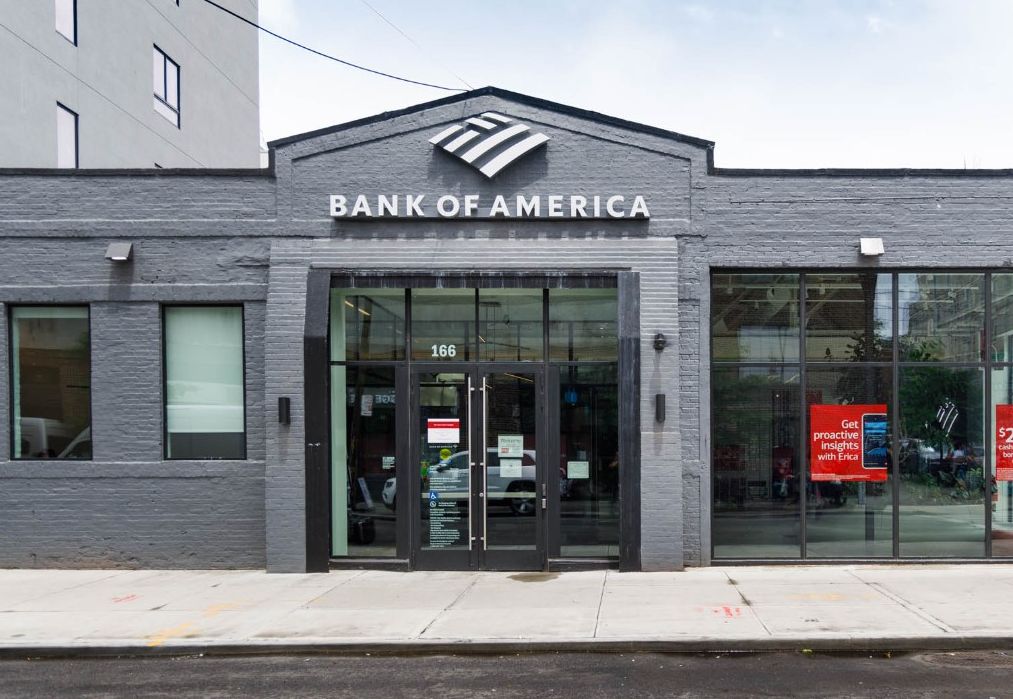
PayPal’s recent announcement about the introduction of a stablecoin pegged to the US dollar, PYUSD, has caused a lot of controversy. Is this a breakthrough in crypto adoption? Many skeptics, including Bank of America, have doubts.
PayPal, a well-known global payment platform, recently introduced its new project: a cryptocurrency pegged to the US dollar named PYUSD. Although at first glance it seems like a significant step towards cryptocurrency adoption, not everyone agrees.
Competition with CBDCs
One of the main reasons why PYUSD may face challenges is the growing competition in the cryptocurrency market. Bank of America analysts, Alkesh Shah and Andrew Moss, highlighted that PayPal’s cryptocurrency could face strong competition, especially in the long term: “In the longer run, PYUSD may encounter adoption hurdles due to competition from central bank digital currencies (CBDC) and other interest-bearing stablecoins.”
Many countries are intensely researching the possibility of introducing their own CBDCs. Just this year, countries like Brazil, South Korea, Russia, Japan, and the UK have announced new initiatives related to CBDC introduction.
Competition with other stablecoins
Moreover, PYUSD will have to compete with many other stablecoins. For investors, interest-bearing stablecoins are becoming particularly attractive. When rates were near zero, investors were happy holding stablecoins like USDT or USDC. However, interest-bearing stablecoins may become more appealing, especially when short-term rates exceed 5%.
Regulatory challenges
Additionally, analysts suggest that PayPal may face regulatory issues. If traditional banks are prohibited from issuing stablecoins, PYUSD could face challenges. Despite the introduction of PYUSD, there’s no expectation of accelerated regulation, but the cryptocurrency might face regulatory hurdles if non-banking institutions are eventually excluded from issuing stablecoins.
Less than a day after PayPal revealed its stablecoin project, the US Federal Reserve published new guidelines regarding the use of “dollar tokens” by American banks.
Meanwhile, crypto scammers didn’t wait long to try and capitalize on this big news, flooding decentralized exchanges with fake PayPal tokens.
Although PayPal’s introduction of PYUSD seems to be a significant step towards crypto adoption, there are many challenges the company will have to overcome. Time will tell whether PYUSD becomes another success for PayPal or if it’s destined for a long road filled with obstacles.
